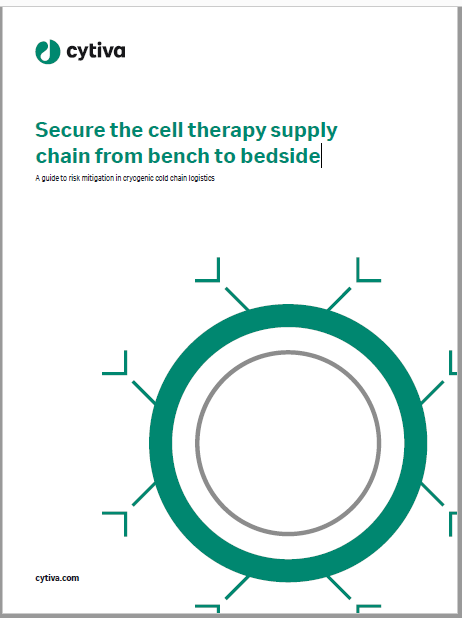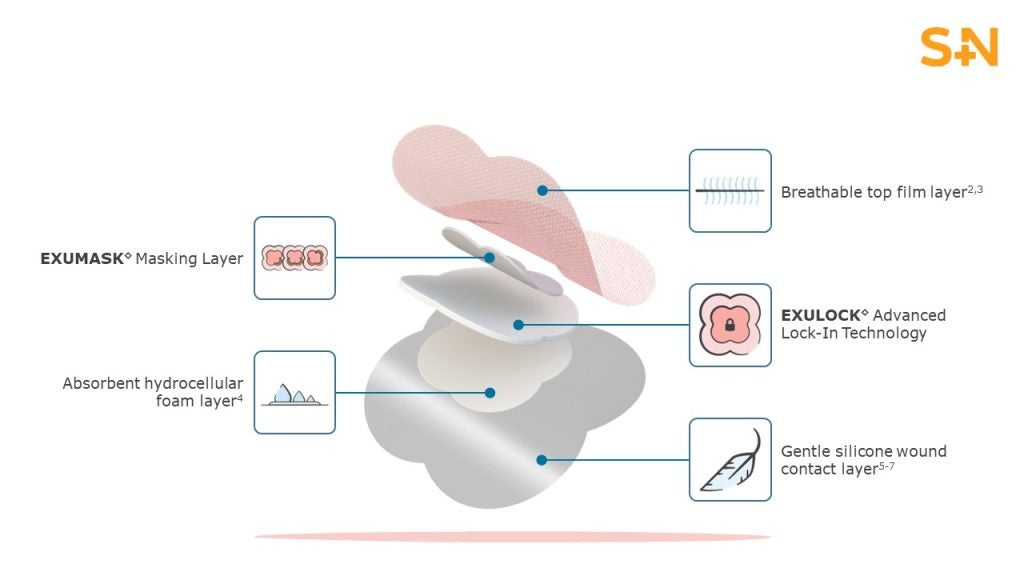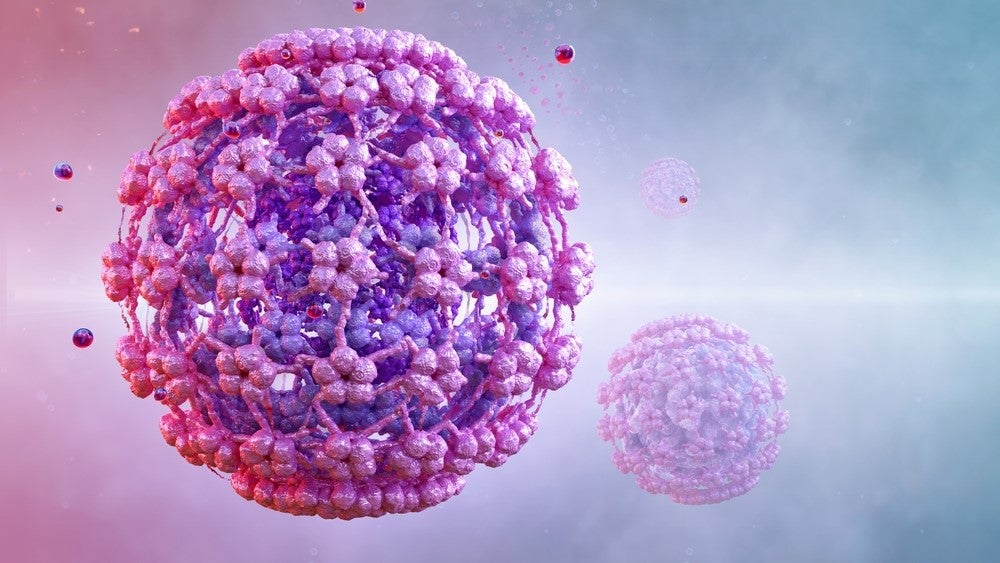
Bayer subsidiary BlueRock Therapeutics has dosed the first subject in an open-label Phase I clinical study of its pluripotent stem cell-derived dopaminergic neurons, DA01, to treat Parkinson’s disease.
A neurodegenerative movement disorder, Parkinson’s disease arises due to damage of nerve cells in the brain. It is known to affect more than ten million people globally.
BlueRock plans to leverage dopaminergic neurons to re-innervate the affected brain areas and reverse the degeneration process for possible restoration of motor function.
The Phase I trial will include ten subjects enrolled at sites in the US and Canada.
Participants will undergo a procedure to transplant dopamine-producing cells into the putamen, which is a deep brain structure impacted by Parkinson’s disease.
Evaluating the safety and tolerability of DA01 cell transplantation a year after transplant will be the trial’s primary goal.
How well do you really know your competitors?
Access the most comprehensive Company Profiles on the market, powered by GlobalData. Save hours of research. Gain competitive edge.

Thank you!
Your download email will arrive shortly
Not ready to buy yet? Download a free sample
We are confident about the unique quality of our Company Profiles. However, we want you to make the most beneficial decision for your business, so we offer a free sample that you can download by submitting the below form
By GlobalDataThe indication of transplanted cell survival and motor effects at one and two years after transplant will be included as secondary goals, along with continued safety and tolerability at two years and transplantation feasibility.
Parallelly, Bayer’s clinical-stage adeno-associated virus (AAV) gene therapy company, Asklepios BioPharmaceutical (AskBio), is developing a gene therapy programme that could potentially offer advanced treatments for Parkinson’s disease.
AskBio’s therapy leverages an AAV to carry the human glial cell line-derived neurotrophic factor (GDNF) gene to the neurons in the putamen. This process causes GDNF protein expression and secretion in areas of the brain affected by the disease.
According to data from long-term experiments with AAV-GDNF in rodents as well as non-human primate models, consistent expression of GDNF demonstrated the ability to induce regeneration of midbrain neurons and substantial motor recovery.
At present, this gene therapy programme is being evaluated for safety and initial efficacy in a Phase Ib clinical study in the US.
This trial, which was initiated in August last year, has enrolled a total of ten subjects so far.
Bayer Cell and Gene Therapy head Wolfram Carius said: “The potential of BlueRock and AskBio’s clinical candidates to treat Parkinson’s disease could be immense.
“For the first time, it might be possible to stop and reverse this degenerative disease and truly help patients with their high unmet medical need.”
In October last year, Bayer reported that the Phase III CHRONOS-3 trial of Aliqopa plus rituximab to treat patients with relapsed indolent Non-Hodgkin’s Lymphoma met its primary endpoint.
Cell & Gene Therapy Coverage on Clinical Trials Arena supported by Cytiva.
Editorial content is independently produced and follows the highest standards of journalistic integrity. Topic sponsors are not involved in the creation of editorial content.





